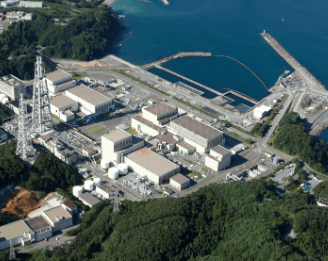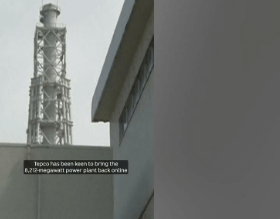Japan Lifts Operational Ban World Plant

The recent decision by Japan Lifts Operational Ban World Plant signifies a pivotal moment in the nation’s approach to agricultural sustainability. This policy shift is underpinned by innovative advancements in environmental technology and a robust regulatory framework designed to support sustainable practices. As the agricultural sector stands poised for revitalization, the implications of this move extend beyond mere crop production, touching on job creation and international collaboration. However, the full impact of these changes remains to be seen, particularly in how they will redefine Japan’s agricultural landscape moving forward.
Read also: Janis Vitols Bank of America
Background of the Japan Lifts Operational Ban World Plant
The operational ban on the World Plant in Japan was primarily instituted in response to environmental concerns and regulatory compliance issues that emerged in the wake of increased industrial activity.
In this historical context, the ban sought to mitigate significant environmental impact, aiming to protect Japan’s natural resources and public health.
Understanding this background is crucial for discussions surrounding the future of industrial freedom and sustainability.
Reasons for Lifting the Ban
Recent developments in environmental technology and regulatory frameworks have significantly influenced the decision to lift the operational ban on the World Plant in Japan.
The potential economic impacts, including job creation and increased investment, are substantial.
Furthermore, this move enhances Japan’s international relations by demonstrating a commitment to global environmental standards, fostering cooperation, and encouraging partnerships that transcend borders for sustainable growth.

Implications for Agriculture
Lifting the operational ban on the World Plant opens up a new chapter for Japan’s agricultural sector, potentially transforming practices and productivity.
This shift encourages the adoption of sustainable practices, allowing farmers to enhance soil health and reduce dependency on chemical inputs.
Furthermore, crop diversification can lead to greater resilience against climate challenges, empowering agricultural communities to thrive in an ever-changing environment.
Future Outlook and Innovations
With the operational ban on the World Plant now lifted, the future of Japan’s agricultural landscape is poised for significant transformation driven by innovation and technology.
Embracing sustainable practices alongside technological advancements will empower farmers to enhance productivity while preserving environmental integrity.
This evolution not only aligns with global sustainability goals but also promotes food security, offering a beacon of hope for a more resilient agricultural sector.
Read also: Ivc Israeli Q4 7b
Conclusion
The lifting of Japan Lifts Operational Ban World Plant signifies a pivotal moment in the evolution of agricultural practices, reminiscent of the Industrial Revolution’s transformative effects on production methods. This decision not only enhances sustainable farming techniques but also aligns with global sustainability goals, fostering job creation and investment. As advancements in environmental technology continue to emerge, the potential for a resilient agricultural landscape becomes increasingly attainable, paving the way for future innovations that promise to further enrich the sector.







